News
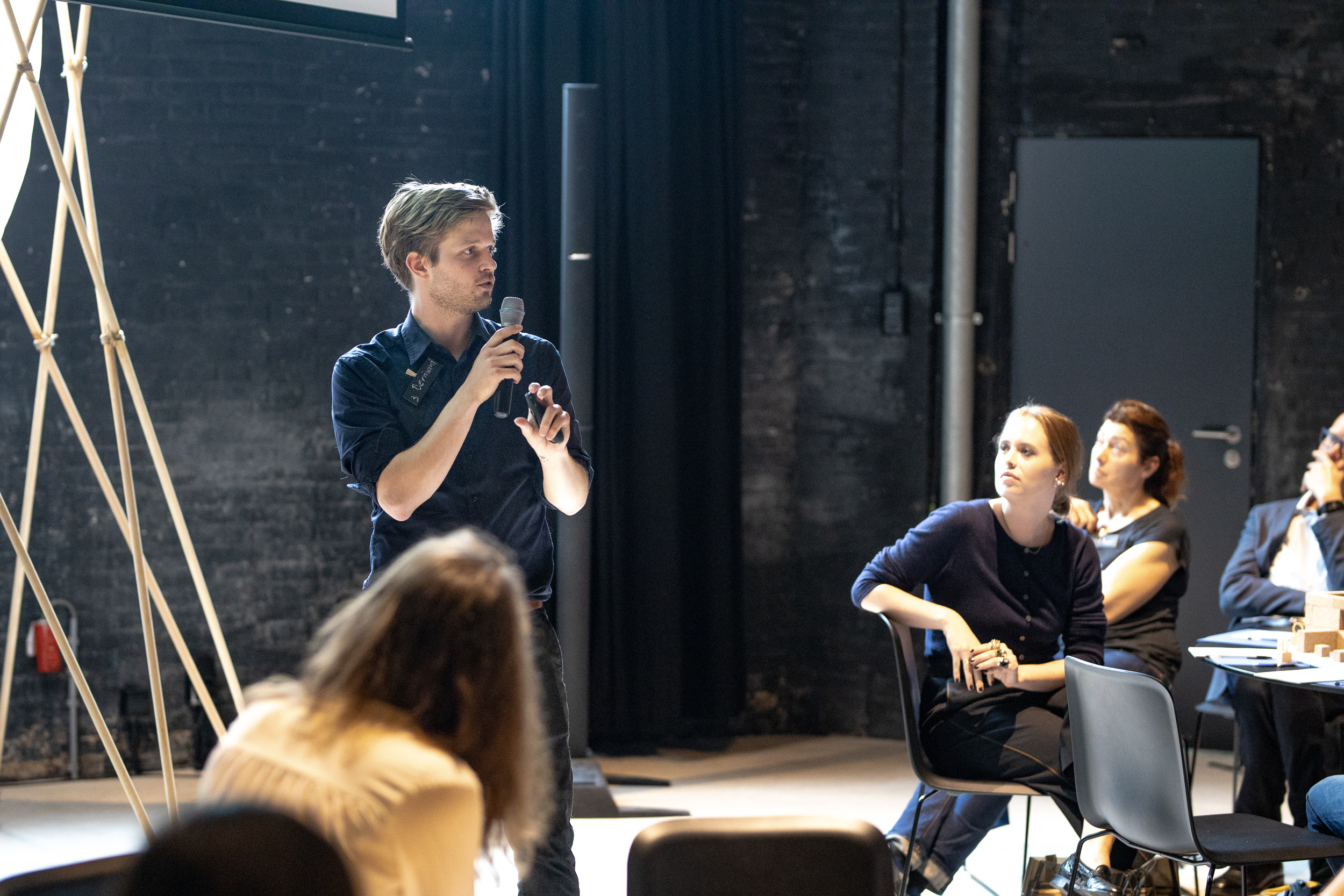
Warning: This is not a typical open call!
This call is closed. It is no longer possible to submit an application. We will announce which ideas have been selected in September.
Are you a climate ‘researcher’ in the broadest sense, and do you have experience with public funding and its limitations? Share your ideas for your “Impossible Project” with us in a 3 minute audio pitch. Five ideas will be selected and will each receive a small development budget of €500 to further shape the idea into a plan. This is an invitation to think boldly, explore uncertainty. By sharing your “Impossible Project” idea, you contribute to KIN’s “New ways of funding” workgroup, an experimental initiative that aims to accelerate transformative and transdisciplinary research collaborations by taking away current limitations and thresholds.

Interviews: In conversation with the builders of a future-proof Netherlands
The KIN network is bursting with people who are working hard all year round to make the Netherlands climate-proof for the future. This summer, we are pressing pause for a moment and letting 10 of them tell their stories.
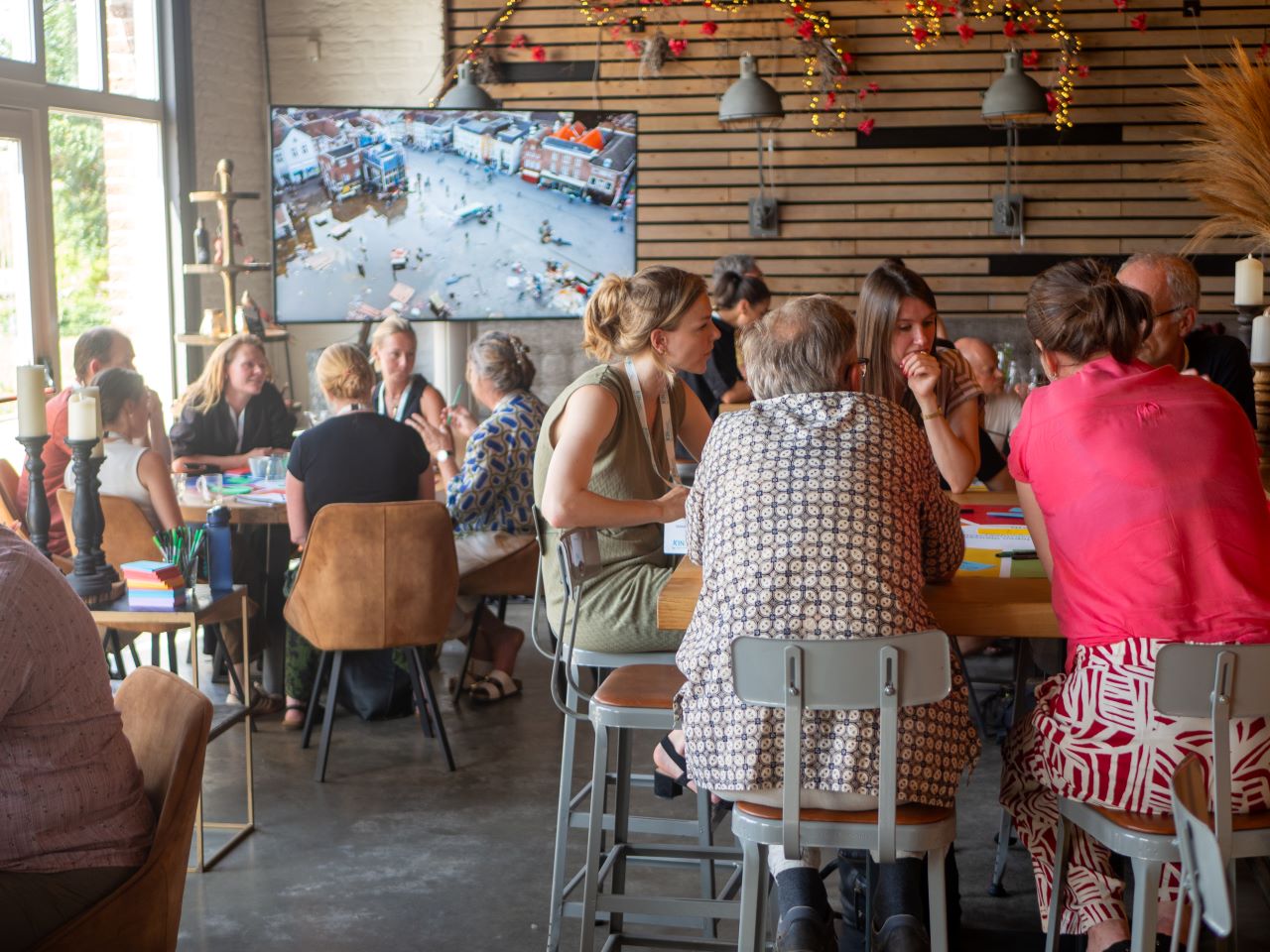
2nd KIN Crutzen Workshop: Enabling the transition to collective water management in East Brabant
We will be faced with enormous amounts of water and extreme drought. Whereas access to water is now taken for granted, this will change in the future. A transition to collective water management can offer a sustainable and fairer solution here.
On Wednesday 2 July, KIN therefore organised a second Crutzen workshop in collaboration with the HAS Green Academy. During the Crutzen workshops developed by KIN, stakeholders (researchers, policymakers, social parties) work on the outlines of a work programme in a short period of time.

Webinar on the potential of rapid evidence synthesis for climate action on June 26
On 26 June, Science Europe and partners, including KIN, are organising a webinar for researchers, research institutions and decision-makers to explore the potential of rapid evidence synthesis (RES) as a tool for accelerating the uptake of innovations in policy and practice. The aim is to enable scientifically based solutions to flow more quickly to policymakers and other stakeholders involved in climate change mitigation and adaptation.
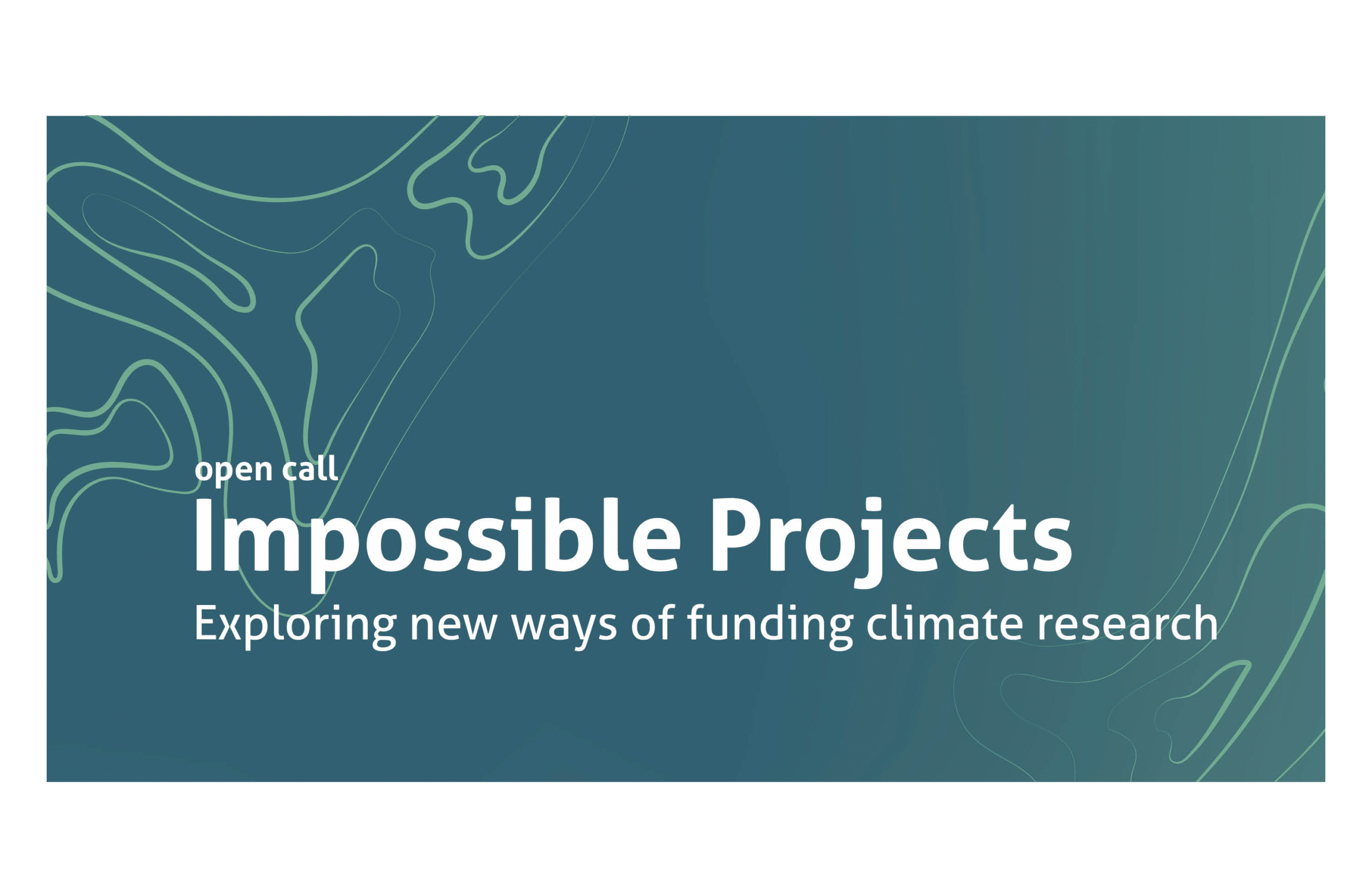
Not a typical open call! “Impossible Projects” (coming soon)
Do you have a promising idea for research that you feel or have been told is unfundable? Have you tried many times to get a collaboration off the ground, only to realise current constraints make it impossible? We will not fund your research, instead, you can apply for funding the process of turning your “promising but impossible-to-fund ideas” into proposals that can challenge how we fund and organise climate research and action.
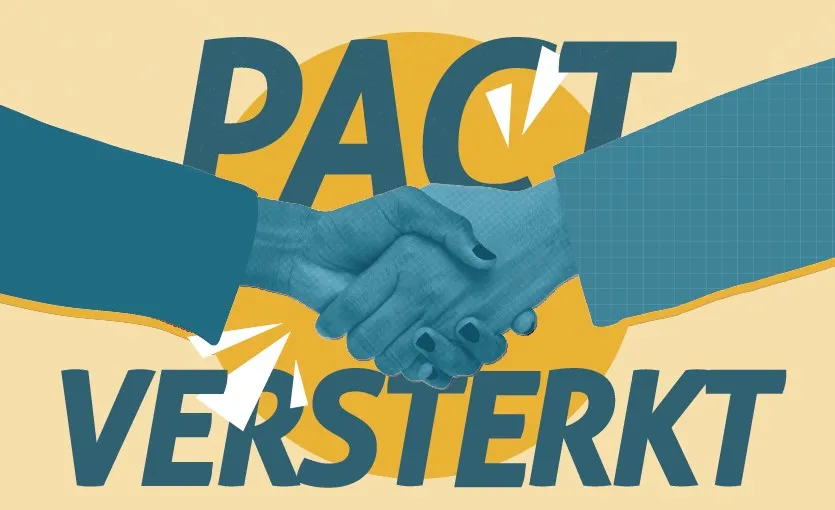
9 new networks strengthen the KIN Pact community
Last month, the second round of applications for the KIN Pact Network grant was completed. This time, nine transdisciplinary networks – networks representing both knowledge institutions and civil society organisations – were awarded grants. The KIN Pact community has thus been further strengthened with a series of networks, which we are very pleased about.
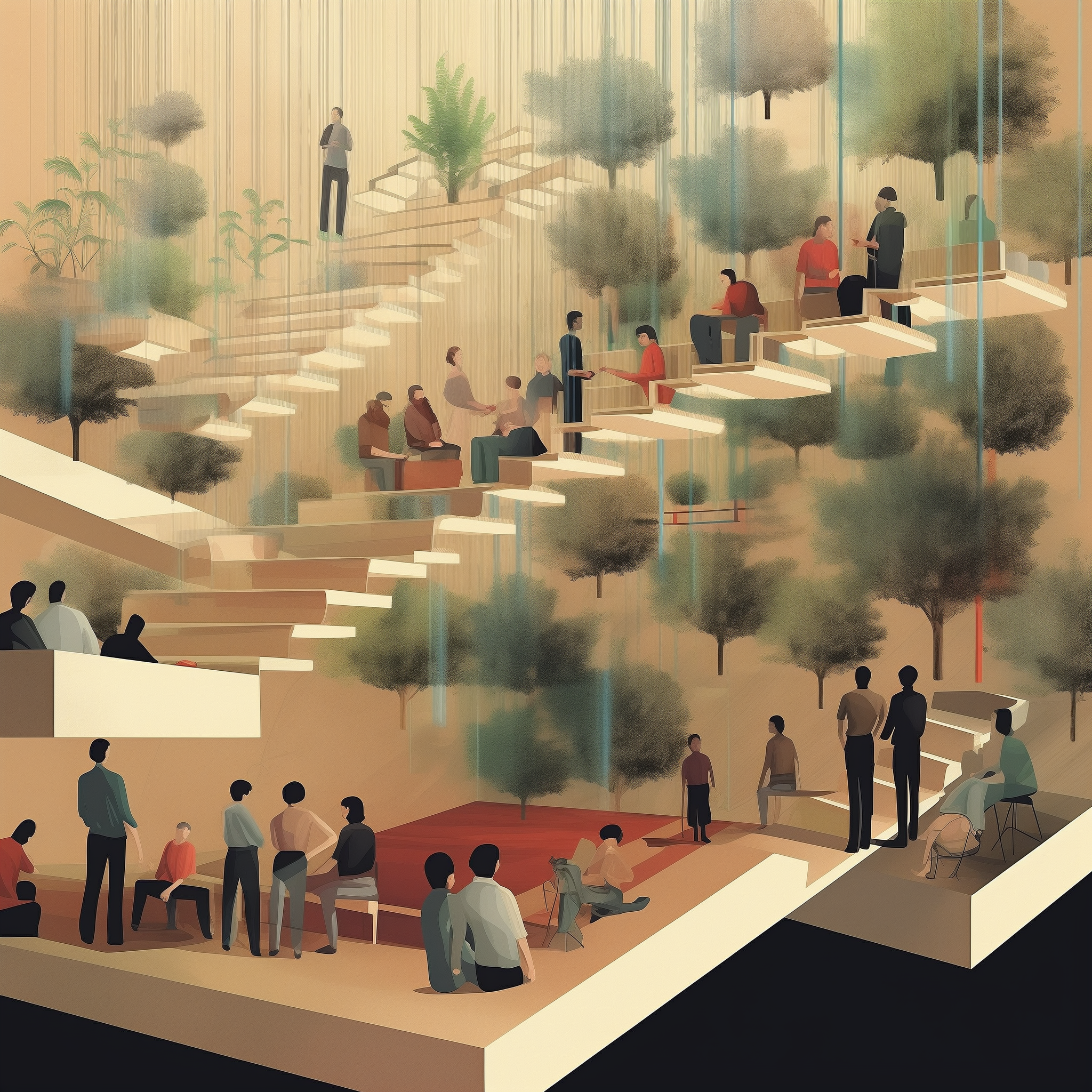
Closure of KIN Pact Network Subsidy
Following successful first and second collection periods, the third collection period for the KIN Pact Network Subsidy has been cancelled. The reason for this is that, after the two previous collection periods, it is highly unlikely that sufficient budget will remain to open a successful third collection period
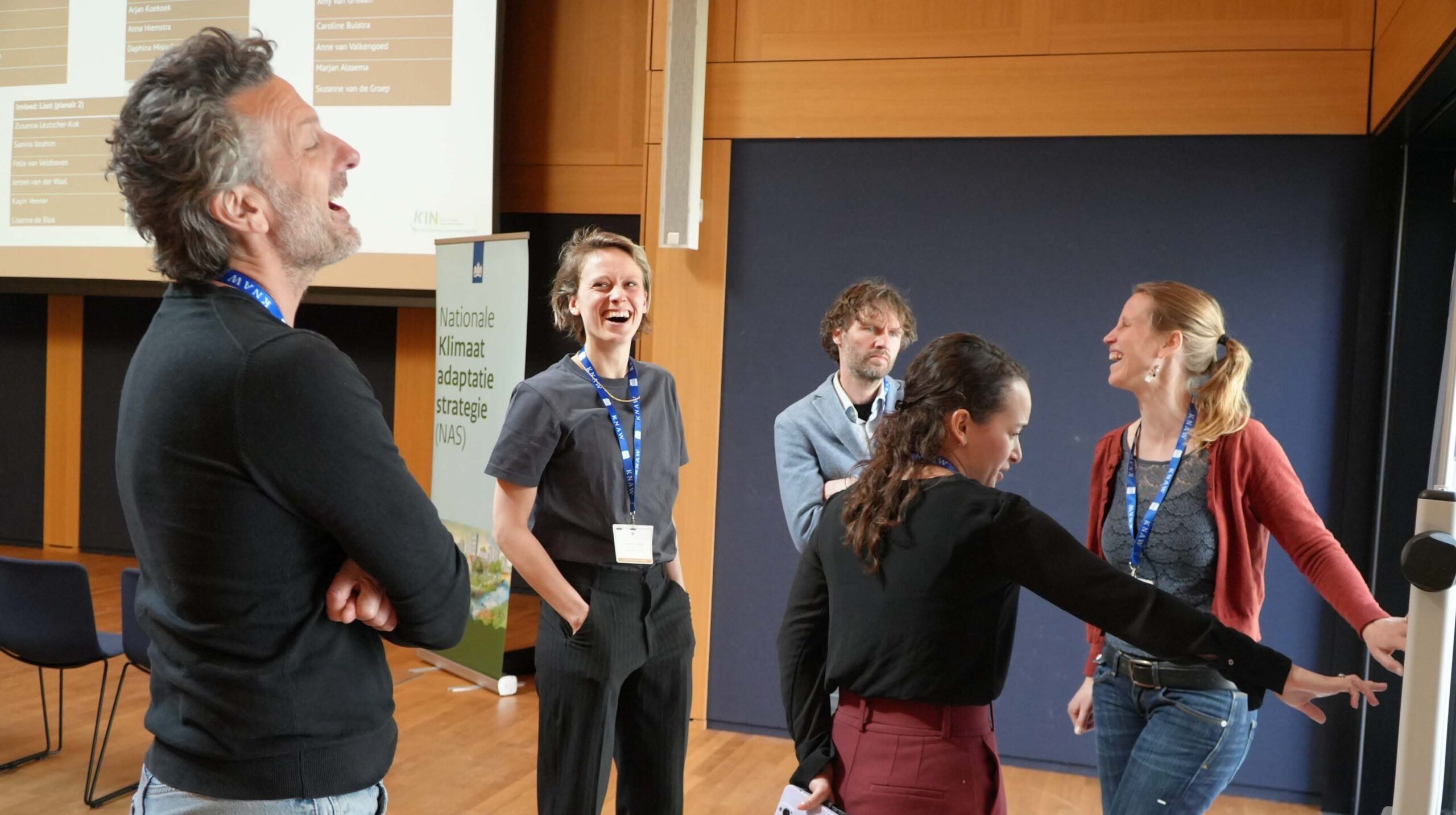
Retrospective: What is the social impact of climate policy (II)
What is the social impact of climate policy, for example on health services, access to basic services and culture? That is the central question at two meetings called ‘Social Impact Analysis’ organised by KIN in collaboration with the Ministry of IenW at the Royal Netherlands Academy of Arts and Sciences (KNAW) in April. During the sessions, experts from science and practice will jointly consider the potential social impact of climate policy on the 15 tasks of the National Climate Adaptation Strategy (NAS’26) identified by the Ministry of I&W. The report of these meetings will soon be added to the NAS. In this report, we look back at the second session on 17 April 2025.

The Cost of Doing Nothing: an exploration of how to make the financial consequences of climate change more visible
We often talk about the cost of climate policy. But what are actually the costs of doing nothing? Financially, but also in terms of health or the environment, for example? At KIN, we examine how we can use existing (economic) insights to make this more visible and arrive at more decisive climate policy. This is badly needed, now that current politics is mainly focused on postponing and doing less.
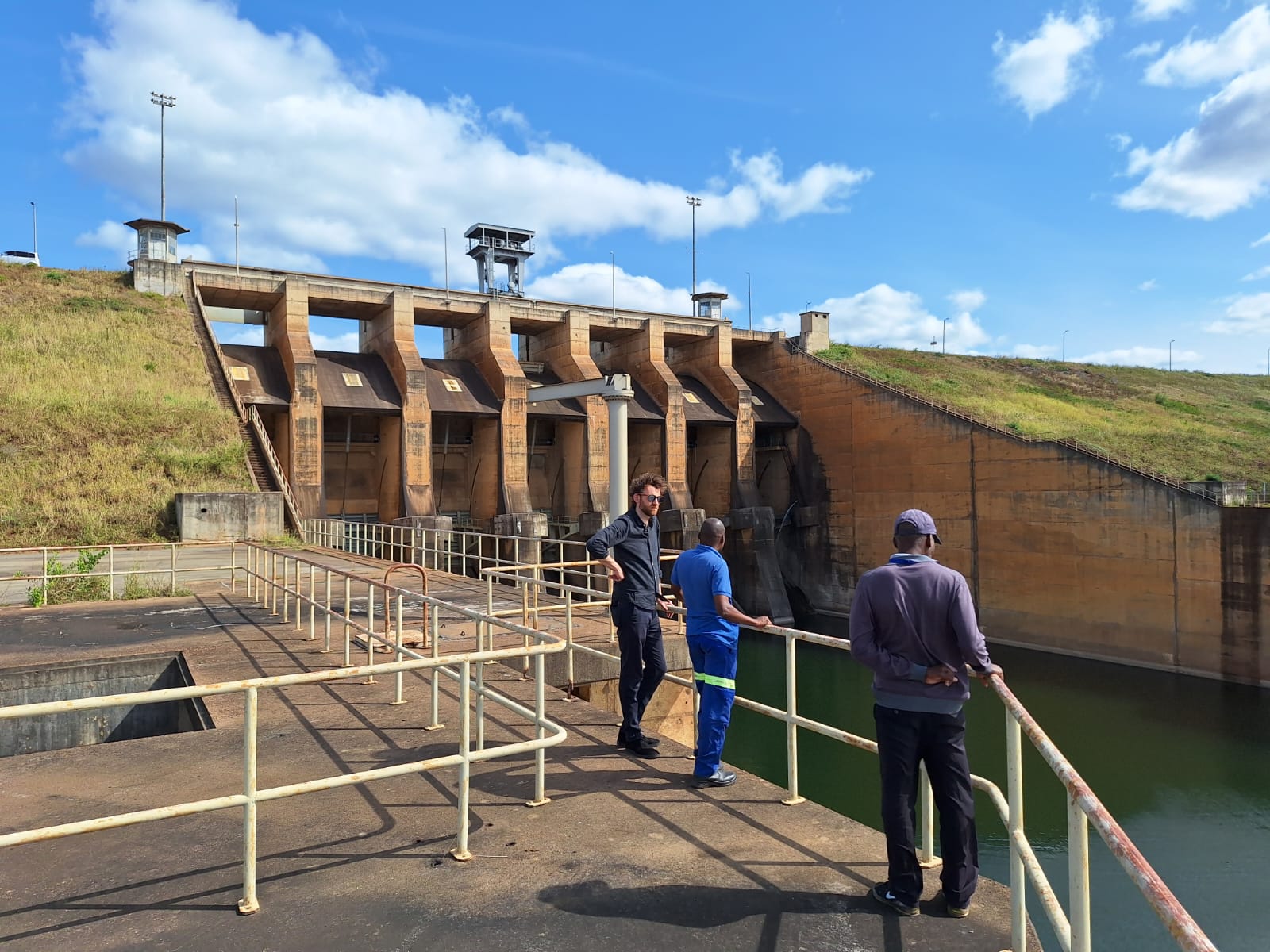
KIN Global Transitions: first working visit to Mozambique
As part of the Global Transitions programme, a delegation from the KIN team paid its first working visit to Mozambique last month. In this report, we share a look back and our initial insights.
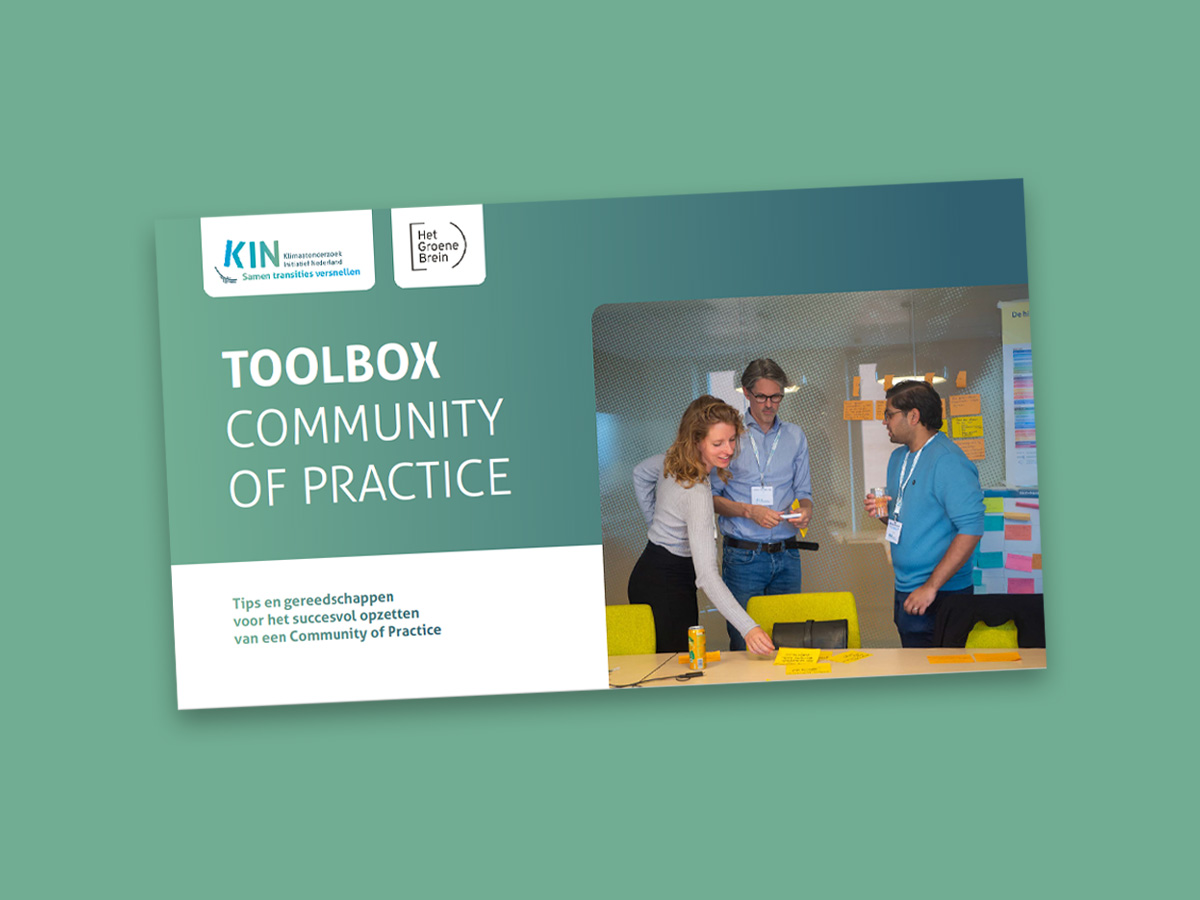
Download the Toolbox Community of Practice
Want to start a Community of Practice, but don’t know where to start? In collaboration with Het Groene Brein, we developed something to help you do just that!
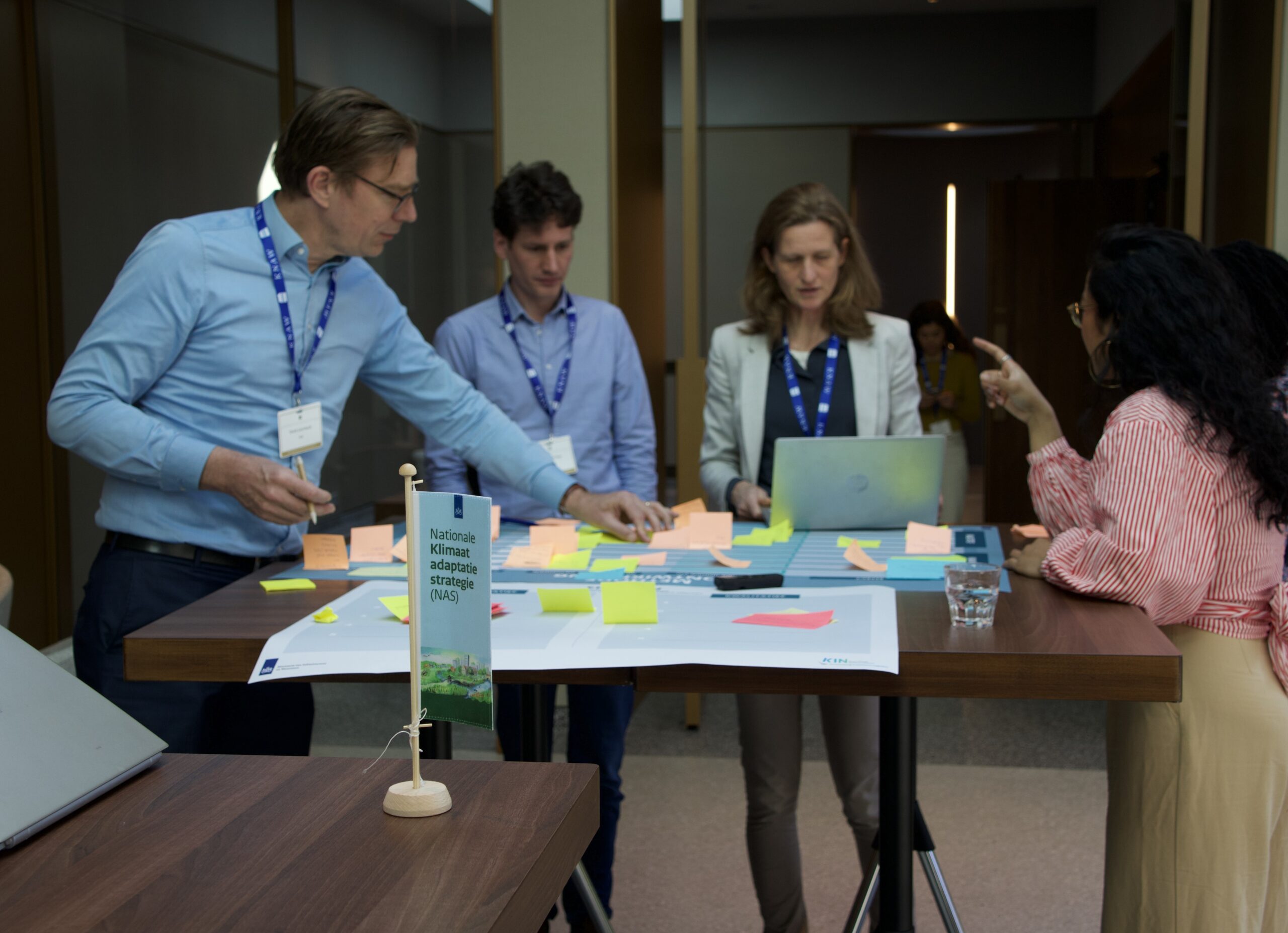
Retrospective: What is the social impact of climate policy? (I)
What social impact does climate policy have, for example, on health services, access to basic services and culture? That is the central question at two meetings called ‘social impact analysis’ that the KIN is organizing in April at the KNAW. During the sessions, experts from science and practice will jointly examine the possible social impact of climate policy on the 15 tasks of the National Adaptation Strategy (NAS’26) identified by the Ministry of I&W. Read a review of the first meeting on April 3 at the KNAW here.


